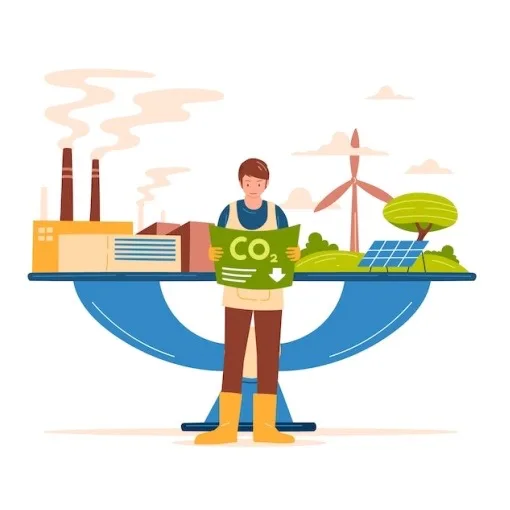Sustainability has become a critical priority across various industries, and the pharmaceutical sector is no exception. In an era where global supply chains are increasingly interconnected, adopting sustainable practices in pharmaceutical procurement ensures long-term resilience, regulatory compliance, and environmental responsibility. This article explores the importance of sustainability in pharmaceutical procurement with a global perspective, while providing insights specific to relevant local regulations.
1. Reducing Environmental Impact

Pharmaceutical production and procurement significantly impact the environment, particularly through carbon emissions, waste generation, and water pollution. Adopting sustainable procurement practices helps mitigate these effects by sourcing eco-friendly materials, optimizing transportation, and minimizing packaging waste.
Disclaimer:
Ensure compliance with your country’s environmental protection laws and guidelines on hazardous waste disposal and pharmaceutical effluents.
2. Cost-Efficiency and Long-Term Savings

Sustainability is often linked to cost efficiency. Procuring energy-efficient medical equipment, bulk chemicals, and sustainable raw materials can lower operational costs over time. Many bulk chemical suppliers and medical equipment suppliers now offer green alternatives that provide better resource utilization.
A side-by-side comparison showing cost savings when using sustainable versus conventional pharmaceutical products.
3. Meeting Regulatory Compliance and Avoiding Legal Risks

Governments worldwide are enforcing stricter regulations on pharmaceutical procurement to ensure sustainability. Non-compliance with these laws can result in financial penalties and reputational damage. For example, the United States’ Drug Supply Chain Security Act (DSCSA) emphasizes traceability and transparency.
Disclaimer:
Refer to your country’s specific pharmaceutical procurement laws to ensure compliance.
4. Enhancing Brand Reputation and Competitive Advantage

Sustainability enhances brand reputation by demonstrating a commitment to ethical practices. Companies in the B2B pharmaceutical marketplace that prioritize green procurement attract partnerships and investors who value corporate responsibility.
5. Ensuring Supply Chain Resilience

Sustainable procurement emphasizes building resilient supply chains that reduce dependency on scarce resources and mitigate disruptions caused by climate change or geopolitical instability. Procuring wholesale pharmacy products from trusted suppliers reduces risks and ensures continuity.
6. Supporting Public Health Initiatives

Sustainable pharmaceutical procurement aligns with global public health initiatives by promoting access to essential medicines, including tuberculosis test kits, vaccines, and cardiovascular medications. Procuring these products responsibly enhances global health outcomes.
7. Ethical Sourcing and Fair Trade Practices

Ethical sourcing ensures fair labor practices, responsible material extraction, and support for local economies. Procuring from wholesale sexual wellness product suppliers and herbal medicine suppliers with ethical standards enhances social sustainability.
Sustainability in pharmaceutical procurement is no longer a choice but a necessity. By reducing environmental impact, ensuring cost efficiency, meeting regulatory compliance, and enhancing supply chain resilience, companies contribute to a healthier planet and society. Explore sustainable procurement options with Pharmint and transform your pharmaceutical sourcing strategy today.
Visit Pharmint to explore sustainable solutions for bulk medicine, medical equipment, PPE, and more.


